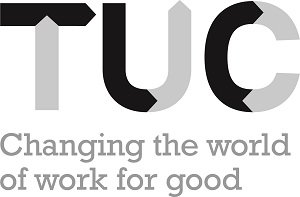Debates in the House of Lords take place on a motion to call attention to an issue.
They can also take place on an ‘unstarred question’, for which the procedure is broadly similar. Unstarred questions are so called because they appear on the order paper without a star, as distinct from the ‘starred questions’ which receive brief oral answers.
Debates, whether on motions or on unstarred questions, are reasonably similar to debates in the Commons on a motion for the adjournment, in that they give peers the opportunity to raise any issue. No division is normally held at the end of the debate.
Debates normally last between one and three hours, during which time the Peer who tabled the question makes an opening speech, other peers make their contributions, Opposition spokespersons then speak, before a Minister responds to the points raised.
In the House of Lords, such debates tend to range widely around the issue in question and the peer who tabled the question normally makes a response after the Minister.
The time allocated for unstarred questions varies, but normally Wednesdays are set aside for such debates. They tend also to take place during the dinner break and at the end of proceedings.
On occasions, key debates, normally on motions tabled by the Government, may take all day and may be followed by a vote.


